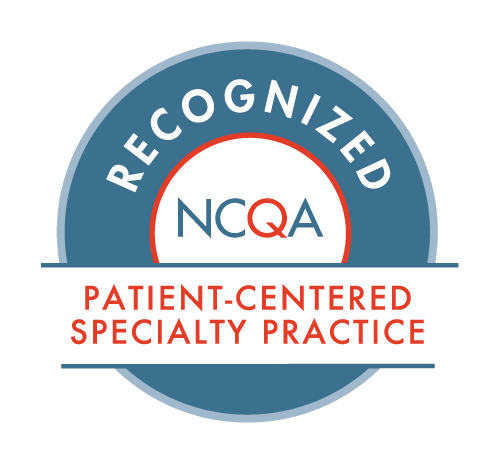Hypertension
Hypertension, also known as high blood pressure, is a condition in which the force or pressure of blood against your artery walls is higher than normal.
Nearly half of all adults in the U.S. are living with high blood pressure. When not treated or controlled, this chronic condition can increase the risk of complications, including heart attack, stroke, and dementia.
Here’s what you need to know about hypertension, and how to request an appointment with Hunterdon Cardiovascular Associates if you need help managing your heart health.
What Is Hypertension?
Your blood pressure level is usually checked by your doctor during routine wellness exams. It is measured using your systolic number and your diastolic number.Systolic blood pressure is a measurement of the level of force in the arteries when the heart beats. Diastolic blood pressure is a measurement of the level of force in the arteries when the heart rests between beats.
Hypertension is a chronic condition in which a person’s blood pressure is consistently higher than normal. In hypertension, the force of blood pushing against the walls of the arteries is too high. This puts excess pressure on the heart, which must work harder at pumping blood.



